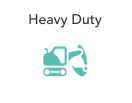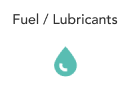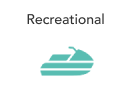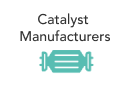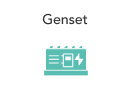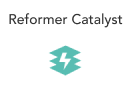By Daniel Mcafee, Solutions Engineer, CATAGEN
Introduction
The reformer testing sector plays a pivotal role in the development of Solid Oxide Fuel Cells (SOFCs). However, it faces a series of intricate challenges that necessitate innovative solutions to drive industry progress. In this document, we delve into the key challenges confronting reformer ageing for SOFCs and explore the imperative need for novel approaches.
Overcoming testing challenges:
1. Insufficient Data on Catalyst Reformer Longevity
A fundamental challenge in the reformer testing sector revolves around the limited availability of data on catalyst reformers that have completed their useful life, which typically spans up to 10 years (100,000 hours) of operation. Understanding how reformers perform over this extended duration is vital for the optimisation of their efficiency and durability.
The scarcity of such long-term data hampers the ability to make informed decisions regarding reformer design, materials, and maintenance protocols. Without comprehensive insights into the life-time capability and performance deterioration of reformers as they age, we cannot adequately optimise their efficiency and performance.
2. Elevated Gas Usage Costs During Long Durability Ageing Phases
The extended accelerated aging periods, which can reach up to 10,000 hours, lead to significant gas consumption, making associated costs a major consideration. These costs pose a substantial challenge, highlighting the need for more efficient and cost-effective testing methods. High gas consumption during aging phases not only drives up operational expenses but also puts pressure on research and development budgets. Additionally, the increased gas usage results in higher CO2 emissions, compounding the financial and environmental impact, and underscoring the need for innovative approaches to reduce both costs and carbon footprints in reformer testing.
Mitigating these cost challenges is essential for organizations aiming to optimise their testing processes. Cost-efficient testing methods are not only fiscally, but also environmentally responsible and enable resources to be allocated more effectively to other critical areas of research and development.
3. Accelerating Time to Market
Reducing the time required for testing and validation without compromising accuracy is pivotal in gaining a competitive edge and understanding of reformer catalysts, particularly in the SOFC industry. The prolonged testing and validation phases can delay product development, slow down innovation, and hinder market entry.
A swift transition from research and development to market deployment is vital for organizations striving to remain at the forefront of the industry. This calls for innovative strategies that streamline testing procedures and accelerate the development of reformers.
Innovative Solutions for a Progressive Sector
In response to these formidable challenges, the reformer testing sector must embrace innovative approaches that drive progress, enhance cost efficiencies, and expedite product development timelines. These solutions may include:
- Long-term Data Collection Initiatives
Collaborative efforts to collect and share data on reformer performance over extended periods can address the scarcity of longevity data, benefiting the entire industry.
- Efficiency Improvement Strategies
Implementing measures to reduce gas consumption during testing, such as optimising testing protocols and equipment, can alleviate cost challenges, thus enabling accelerated testing and validation without the need for lengthy and costly ageing phases.
- Cross-functional Collaboration
Collaboration among experts from various fields, including materials science, engineering, and data analytics, can lead to holistic solutions that tackle reformer ageing challenges comprehensively.
The challenges facing reformer testing for durability are indeed formidable, but they also present an opportunity for innovation and collaboration. By addressing these challenges head-on, the industry can usher in a new era of efficient, cost-effective, and rapidly deployable reformers, further propelling the advancement of Solid Oxide Fuel Cells and other sustainable energy solutions.
Ready to revolutionise your reformer catalyst testing? Contact CATAGEN today to learn how our OMEGA reactor can enhance your testing capabilities, reduce costs, and support your sustainability goals. Let’s work together to drive innovation and create a cleaner, more efficient future.
More Content:


